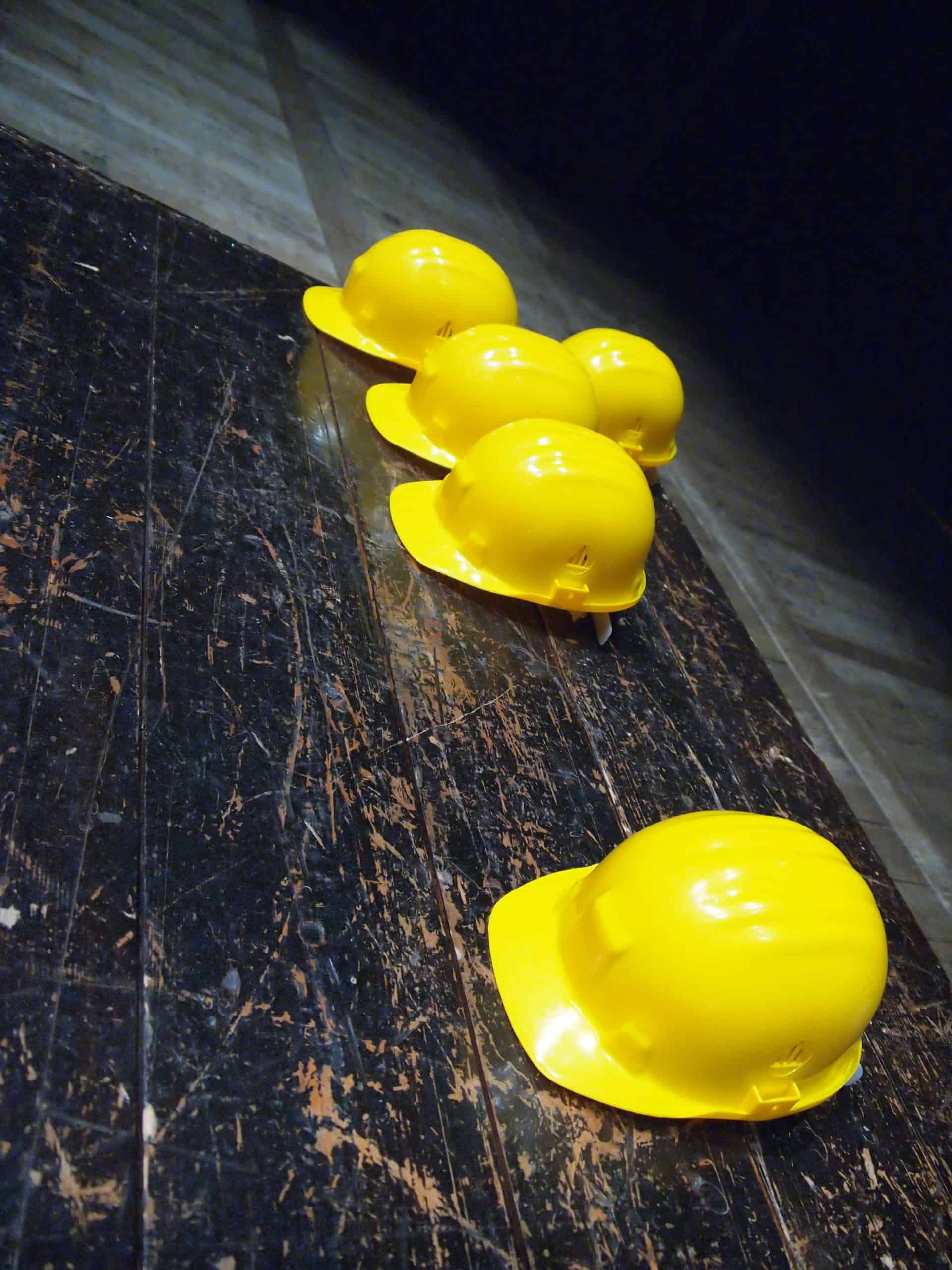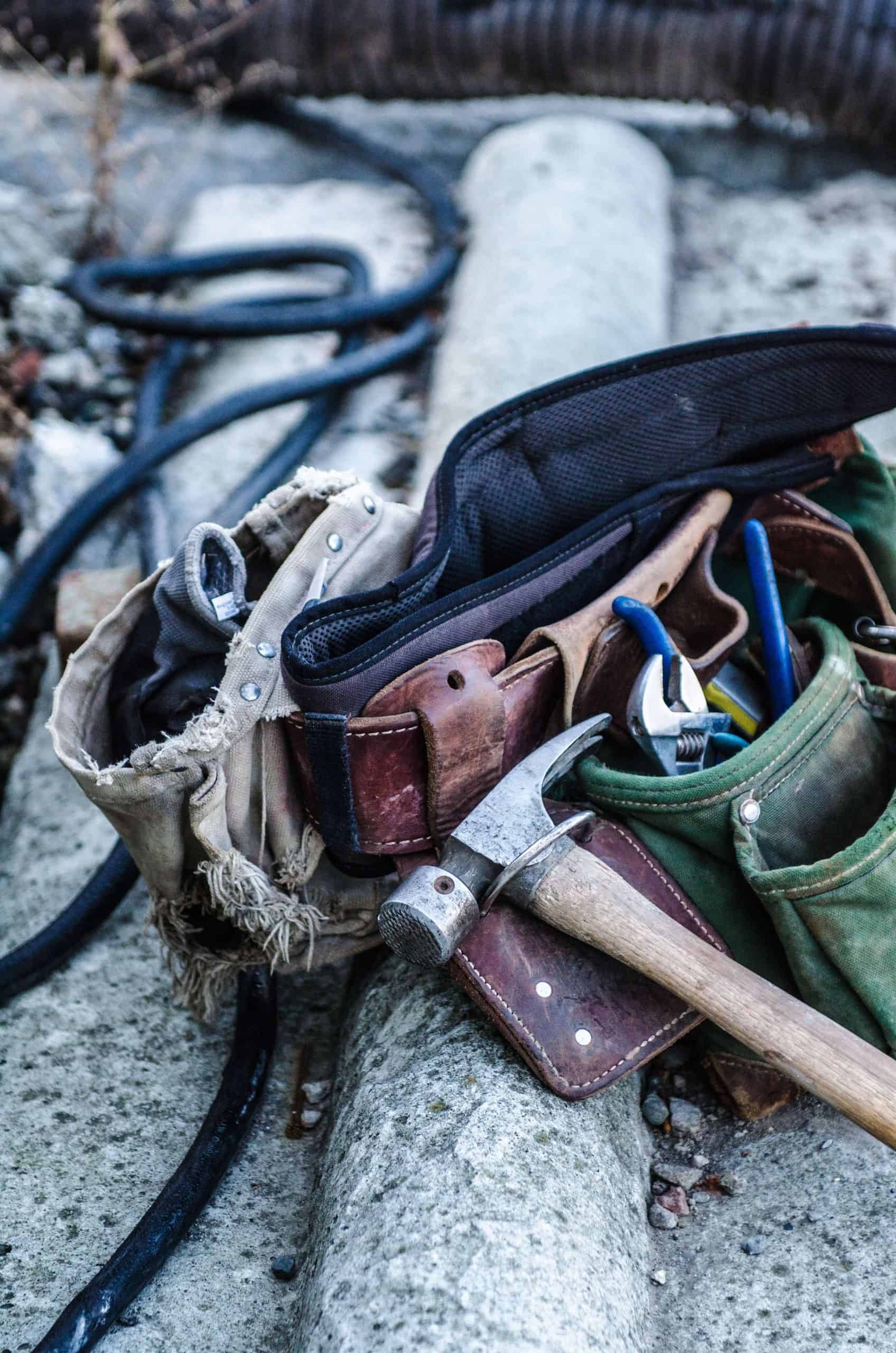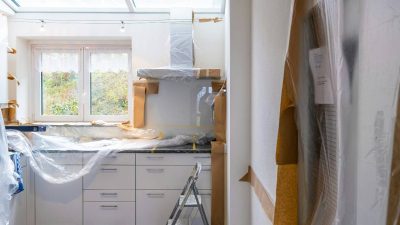Property ownership in the UK, particularly in Scotland, often involves collective responsibility for maintaining and repairing shared elements like roofs, stairwells, and external walls. Undertaking such shared repairs can be a complex and expensive endeavour. Therefore, if you and your fellow neighbours are unsure about which repairs should be sorted out first, it is advisable to start with a comprehensive survey of your tenement. In this article, we will explore the reasons why starting with a survey should be your first step before starting any common repairs at your tenement.
1. Ascertain the Full Extent of Maintenance Requirements
Starting with a survey offers the distinct advantage of providing a comprehensive understanding of your tenement’s condition. A professional surveyor can assess all aspects, from structural integrity to plumbing and electrical systems, pinpointing potential issues that may require attention in the future. This thorough examination ensures that no concealed problems are overlooked, offering a clear plan for maintenance.
2. Prioritise Urgent Repairs
A survey allows you to determine repair priorities based on urgency. Not all issues within your tenement require immediate attention. Some repairs may be more critical than others, and a survey can help distinguish between essential and non-essential repairs. By addressing urgent repairs first, you can prevent further damage and potentially reduce overall repair costs in the long term.
3. Avoid Unforeseen Expenses and Budget Effectively
Shared repairs can be financially challenging, especially if unexpected issues surface during the process. A survey helps you anticipate potential costs and plan your budget accordingly. By having a clear understanding of the necessary repairs, you can set aside funds or seek financial assistance well in advance, steering clear of financial surprises.
4. Facilitate Informed Decision-Making
A survey provides you with valuable information to make informed decisions regarding your tenement’s maintenance and repair needs. It allows you to engage all other property owners in the decision-making process. With shared information, you can collaborate effectively and reach consensus on the best course of action.
5. Fulfil Legal Requirements
In certain instances, local authorities may issue repair notices if they believe a property is in disrepair and poses a risk to health and safety. A survey can help you proactively address issues and prevent the need for such notices, ensuring you comply with legal obligations.
6. Avert Disputes and Guarantee Equitable Cost Allocation
Shared repairs can sometimes lead to disputes among property owners. Conducting a survey furnishes objective data that can help mitigate disputes by providing a clear foundation for decisions. It also guarantees that repair costs are fairly distributed among property owners based on the survey’s findings.
7. Start using Novoville Shared Repairs
Conducting a survey at your property is a good way to introduce the Novoville Share Repairs app to the other owners in your tenement. This way, you can gather two or three quotes for surveys, conduct a vote and share the cost of the survey with all of the other owners.
Rather than rushing into expensive and potentially complicated shared repairs, consider starting with a comprehensive survey of your tenement. This approach allows you to identify maintenance requirements, prioritise repairs, budget effectively, make well-informed decisions, and prevent disputes. Ultimately, conducting a survey is an initial step that ensures your tenement remains safe, well-maintained, and compliant with legal requirements. By taking this proactive stance, you will be better prepared for any shared repairs that may become necessary in the future.













